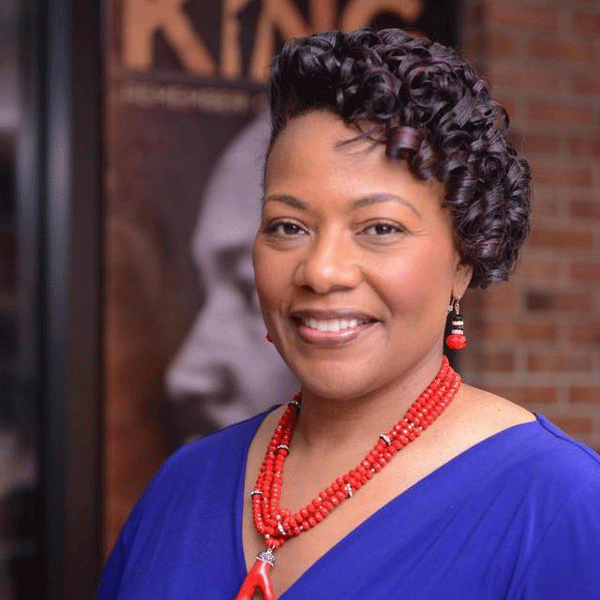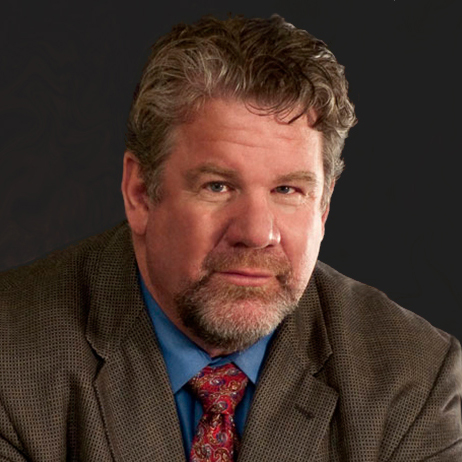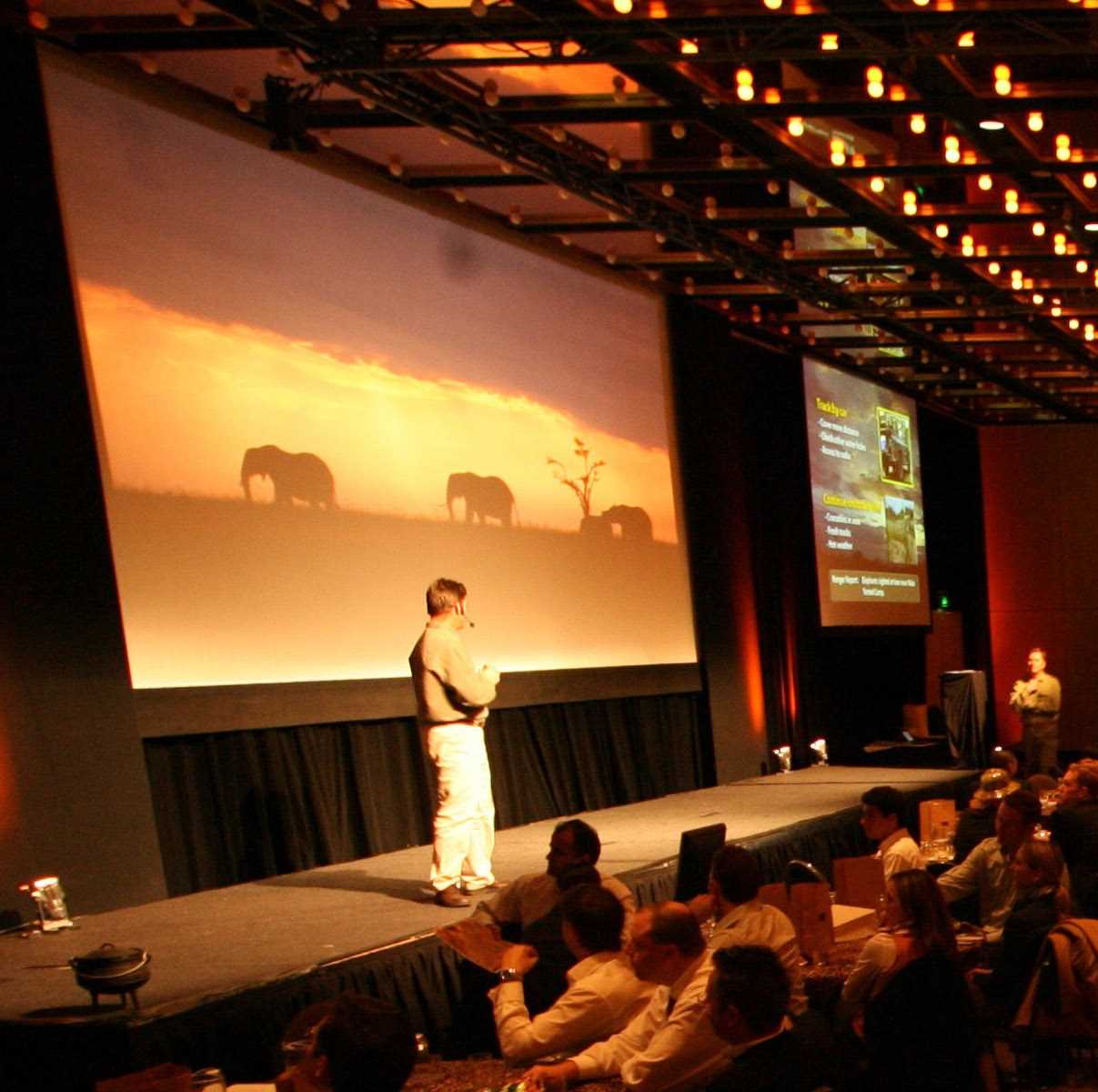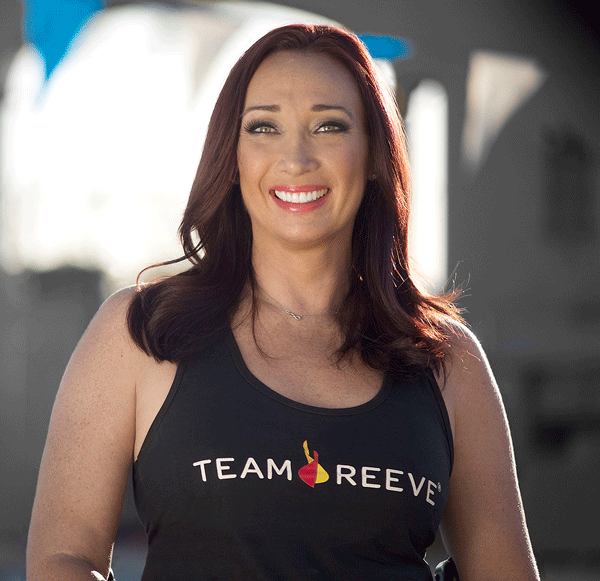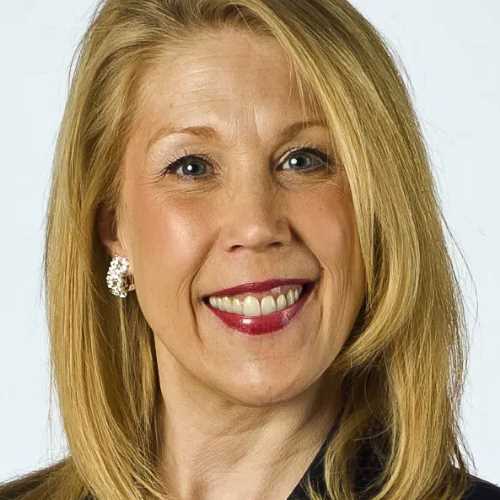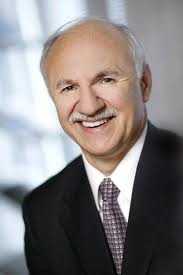
Bruce Tulgan
- Top Expert on Leadership Development and Generational Issues in the Workplace
Travels From
Connecticut
Bruce Tulgan Speaker Biography
Bruce Tulgan is internationally recognized as a leading expert on the best practices of effective management and on the generational mix in the workplace. Bruce is a best-selling author, an adviser to business leaders all over the world, and a sought-after keynote speaker and management trainer.
Since 1995, Bruce has worked with tens of thousands of leaders and managers in hundreds of organizations including American Express, Aetna, AT&T, Ernst & Young, Deloitte & Touche, GE, IBM, Loews Hotels, ESPN, Mercedes Benz, JP Morgan Chase, Proctor & Gamble, State Farm Insurance, Target, Wal-Mart, the US Armed Forces, and the YMCA.
Management Today has called Bruce a “management guru” for his expertise and delivery. Drawing on decades of experience and research, Bruce makes his lessons come to life with high-impact examples from the front lines of management. He approaches his keynotes and workshops with three goals: to provide a new perspective, to teach actionable tools and techniques that participants can put into practice the next day, and to keep audiences engaged and entertained. His conversational tone and direct style with no slideshow consistently receive rave reviews from clients and conference participants.
Bruce presents to managers, supervisors, and people-leaders at all levels, whether in small groups or packed conference halls. He also often presents to non-managerial employees on the best practices of high-substance communication, both up the chain of command and laterally across functions.
Bruce has written numerous best-selling books including It’s Okay to Be the Boss (2007, revised & updated 2014), Not Everyone Gets a Trophy: How to Manage the Millennials (2009, revised updated 2016), The 27 Challenges Managers Face (2014), and Bridging the Soft Skills Gap: How to Teach the Missing Basics to Today’s Young Talent (2015). Bruce lectures at the Yale Graduate School of Management and other academic institutions, and his writing has appeared in dozens of magazines and newspapers including the Harvard Business Review, BusinessWeek, HR Magazine, the New York Times, the Los Angeles Times, and USA Today.
Fight the Undermanagement Epidemic: How to Build A Culture of Strong Leadership
If your managers are like most, they are stuck in a vicious cycle of under management… and it’s likely they don’t even realize it.
Undermanagement is hiding in plain sight in nearly every workplace. Despite all the meetings and metrics surrounding everybody at work these days, nine out of ten managers struggle to practice the fundamentals of leadership. They don’t provide employees with regular high-structure, high-substance guidance, direction, support, and coaching. As a result, unnecessary problems occur and problems get out of control. That’s why most managers spend so much time in firefighting mode. Then they are even more convinced that they don’t have enough time to practice the fundamentals.
What is under management and how can you recognize it in your organization or team?
What are the costs of undermanagement?
Why is it getting so much harder to manage people today?
What are the most common myths that keep managers from taking a more highly-engaged approach?
How can you break the vicious cycle of undermanagement?
In this program, Bruce answers these questions and more, drawing on 25 years of workplace research and sharing true stories from real managers. With a blend of humor, insight, and concrete best-practices, Bruce teaches leaders how to fight the undermanagement epidemic and start building a culture of strong highly-engaged leadership.
It’s Okay to Be the Boss: Learn the Proven Best Practices of Highly-Engaged Management
Most managers spend a lot of time communicating with their direct-reports, but their communication is too often lacking in structure and substance. As a result, problems hide below the surface, until they blow up, and then everyone has to jump into firefighting mode. That’s why so many managers are stuck in a vicious cycle of under management.
What is managing on autopilot and how can you avoid it?
What are the three most common questions managers ask their direct reports?
What are the questions YOU should be asking?
What is management by interruption and how can you stop the interruptions?
How can you put more structure and substance into your management communication?
In this program, Bruce answers these questions and more, drawing on 25 years of workplace research and sharing true stories from real managers. With a blend of humor, insight, and concrete best-practices, Bruce teaches leaders a step-by-step approach back to the fundamentals of strong highly-engaged leadership:
• How to develop a routine of regular structured one-to-one meetings with direct-reports
• How to tune in clearly and effectively with each individual
• Coaching and guiding direct reports toward success
• Making expectations clear and improving accountability
• Monitoring, measuring, and documenting employee performance
• Regular problem-solving, troubleshooting, and resource planning
• Rewarding those who go the extra mile
Winning the Talent Wars: Build a Winning Culture of Attraction, High-Performance, and Retention
The number one issue troubling business leaders today is the increasing difficulty of recruiting, motivating, and retaining the best talent. There are talent shortages at every level, in every industry, and it’s tough to keep people when constant change and uncertainty are the new normal.
You, as the employer, have two options: Enter a bidding war for the best employees, or build a winning culture that attracts, motivates, and retains the top talent in your industry.
Yes, you have to be flexible and generous to set yourself apart in today’s super-competitive labor market. But that doesn’t mean telling employees, “Come to work whenever you feel like it, and bring your dog!”
How can you make your organization a magnet for the best talent without throwing money and endless perks at everyone?
How can you avoid the top causes of early voluntary departure?
How can you make accountability the key to earning flexibility and generous rewards?
How can your leaders build a culture that drives turnover among low performers and retention among high-performers?
In this program, Bruce answers these questions and more, drawing on 25 years of workplace research and sharing true stories from real managers. With a blend of humor, insight, and concrete best-practices, Bruce helps people understand the challenges, causes, and costs of today’s talent wars and shares techniques for attraction, selection, on-boarding, up to speed training, performance management, development, and retention.
The Great Generational Shift: The Workforce is Changing, Are You Ready?
Older Baby Boomers are leaving the workforce in droves, taking with them their collective skill, knowledge, wisdom, institutional memory, and old-fashioned work ethic. Second-wave Millennials and post-Millennial Gen Z are flooding in, bringing a whole new attitude to work. Meanwhile, older Millennials and Gen X are stuck in the middle, with the lion’s share of day-to-day supervisory responsibility.
Not only is this a great generational shift in the demographics of the workplace. It’s also an epic turning point in the norms and values around work. With a workforce more generationally diverse than at any other time in history, employers and managers are facing new challenges at every point on the age spectrum.
Do you know where each generation in your workplace is coming from and where they are going?
What kind of succession planning is your organization doing?
Are you developing bench strength at every level?
What kind of knowledge-transfer are you prepared to do? What about wisdom-transfer?
How are you attracting, selecting, and onboarding the best young talent?
What are you doing to make sure that new hires are not thrust into a sink-or-swim workplace that will drive them away?
In this program, Bruce answers these questions and more, drawing on 25 years of workplace research, sharing true stories from real managers. With a blend of humor, insight, and concrete best-practices, Bruce helps audiences understand the generations in the workplace today – each at different life stages, with conflicting perspectives, expectations, and needs—so that you can turn age diversity into a strategic advantage.
Not Everyone Gets a Trophy: How To Bring Out the Best in Today’s Young Talent
Hiring managers tell us that today’s newest young employees have unrealistic expectations, lack good work habits, don’t want to pay their dues, and are too fragile and demanding.
But the reality? Millennials and Gen Z employees are not disloyal, lazy slackers. They’re not looking for leaders to humor them or do the work for them. Today’s young talent want managers who take them seriously, set them up for success, and recognize their best efforts. They want leaders who make expectations clear and provide support and guidance when needed.
In this program, Bruce draws on decades of longitudinal research tracking young people in the workplace, busting the myths and getting to the reality of what Millennials and Gen Z truly want and need in the workplace. With true stories from real managers, Bruce blends humor, insight, and concrete best-practices to help audiences:
• Understand the attitudes and behaviors of today’s newest young employees, beyond the popular stereotypes
• Better attract, select, and retain the best young employees
• Communicate the right messages during onboarding
• Help young employees understand the basics of self-management and learn to work smarter, faster and better
• Teach young employees where they fit in the organization and the basics of the manager-employee relationship
• Provide the kind of regular supportive coaching-style leadership that builds trust and confidence with young workers and sets them up for success
Bridging the Soft Skills Gap: How to Teach the Missing Basics to Today’s Workforce
There is an ever-widening soft skills gap in the workforce, especially among the newest young members of the workforce. Soft skills like self-awareness, people skills, problem-solving, and teamwork may be less tangible and harder to define and measure than many of the hard skills, but they are absolutely critical.
The cliché is that people get hired because of their hard skills but people get fired because of their soft skills.
When employees have significant gaps in their soft skills: Potentially good hires are overlooked. Good hires go bad. Bad hires go worse. Misunderstandings abound. People get distracted. Productivity goes down. Mistakes are made. Customer service suffers. Workplace conflicts occur more frequently. Good people leave when they might have otherwise stayed longer.
The good news is that soft skills can be taught, coached, and developed – just like technical skills. All it takes is the right understanding and commitment from the managers and leaders in your organization.
In this program, Bruce answers these questions and more, drawing on 25 years of workplace research, sharing true stories from real managers. With a blend of humor, insight, and concrete best-practices, Bruce teaches managers how to successfully improve the soft skills of their direct reports using his research-based soft skills competency model paired with the fundamentals of highly-engaged management.
It’s Okay to Manage Your Boss: Learn the Proven Best Practices of the Most Successful High-Performing Employees
The relationship employees have with their immediate manager is the number one factor determining their success.
So many managers are so busy—or otherwise unwilling to provide strong leadership—that most employees simply do not get what they need from their managers. But employees can do a lot to help themselves.
Be the employee who says to every boss, “Great news, I’m going to take responsibility for my part of this management relationship! I know you are busy. I’m going to work with you to make sure I understand exactly what you expect of me. I’m going to learn standard operating procedures and use checklists. I’m going to keep track of everything I’m doing and exactly how I’m doing it. I’m going to help you monitor, measure, and document my performance every step of the way. I’m going to solve problems as soon as they occur and, if I come to you for your help, you’ll know I really need you. I’m going to learn and grow and be able to take on more and more responsibility.” Then you’ll be one of the most valuable employees that the boss has.
Blending humor, insight, and concrete best-practices, Bruce guides employees through the critical skills of managing their relationship with their bosses by highlighting what factors they can and can’t influence and how to work successfully within that framework.
The 27 Challenges Managers Face: Step-By-Step Solutions to (Nearly) All Your Management Problems
In hundreds of advanced management seminars, Bruce has taken experienced leaders through one problem-solving session after another, focusing on one real-life case study after another: “Who are the employees you are really struggling with? What are the really tough cases?”
Like clockwork, the same basic cases come up over and over again—the same 27— maybe it’s the superstar the manager is afraid of losing, the slacker the manager cannot figure out how to motivate, the one with an attitude problem, or the two who cannot get along. From decades of research, Bruce has identified the most frequent and toughest challenges managers face and the best step by step solutions.
Of course, different challenges require different approaches. What’s astounding, however, is how many of these challenges—even the most difficult—fall away when managers really commit to high-structure, high-substance communication.
In this program, Bruce draws on decades of research, sharing true stories from real managers, blending humor, insight, and concrete best-practices to show participants how to apply the management fundamentals to the challenges managers most often face:
• Leadership transitions, especially the challenges of new leaders
• Employee self-management skills and work habits
• Performance management
• Employee attitudes, personal problems at home, and conflict between and among employees
• Maintaining engagement and retention for superstar employees
• Managing despite factors beyond your control like resource constraints, constant change, logistics, and interdependency
• The need to re-energize a longtime employee
• The need to re-energize yourself as a leader
Building New Leaders: Critical Skills for New Managers
Every day, people move into positions of supervisory responsibility and leadership because they are very good at their jobs, they’ve shown a commitment to the organization, or they’ve shown maturity and the ability to take on more responsibility. These new roles often involve responsibility for other people. New leaders usually get some quick lessons in doing some new paperwork. But too often, nobody ever teaches them how to do the people work.
Every new leader must go through the challenging process of assuming authority, establishing communication with direct reports, and managing workflow. This is especially daunting for those who are younger and less experienced.
How do you introduce yourself as a strong new leader without being “the new sheriff in town”?
How do you project the right amount of humility without soft-pedaling your authority?
How do you ask the team what should change and what should stay the same without raising expectations or inviting an endless group debate?
How do you quickly assess the individual members of the team?
In this program, Bruce draws on decades of research, sharing real stories of helping new leaders stand up in their roles and thrive. Blending humor, insight, and concrete best-practices, Bruce
introduces new leaders to the “take charge by learning” approach to standing up as a leader and gaining the tools to be a successful manager:
• How to handle your first team meeting
• How to establish a regular schedule of one-on-ones with every direct-report
• How to create a system for tracking performance
• How to create accountability
• How to build relationships of trust and confidence, one person at a time
Winning the Talent Wars in the Skilled Trades: Build a Winning Culture of Attraction, High-Performance, and Retention
The number one issue troubling business leaders today is the increasing difficulty of recruiting, motivating, and retaining the best talent. There is a talent shortage at every level, in every industry, but SKILLED TRADE POSITIONS have been the hardest to fill for several years running.
There is a great generational shift underway in skilled labor:
• Industry veterans, the first wave Baby Boomers, are aging out of the workforce and taking their collective skill, knowledge, wisdom, and relationships with them
• Not enough new young workers, second wave Millennials and Generation Z, are choosing to enter the trades, and those that do have new attitudes and unprecedented negotiating power
• Meanwhile, many “prime age” workers left the industry during the Great Recession
• Managers, leaders, and supervisors are stuck in the middle, scrambling to help their people get the work done despite perpetual understaffing
With a blend of humor, insight and concrete best-practices drawn from 25 years of workplace research and true stories from real managers, Bruce answers the following questions (and more) nagging at leaders in skilled trade industries.
What can you do to entice young people to take up your trade and join your organization?
How can you avoid the top causes of early voluntary departure?
How can true accountability be made the key element for earning flexibility and generous rewards?
How can your leaders generate turnover among low performers and high retention among your superstars?


